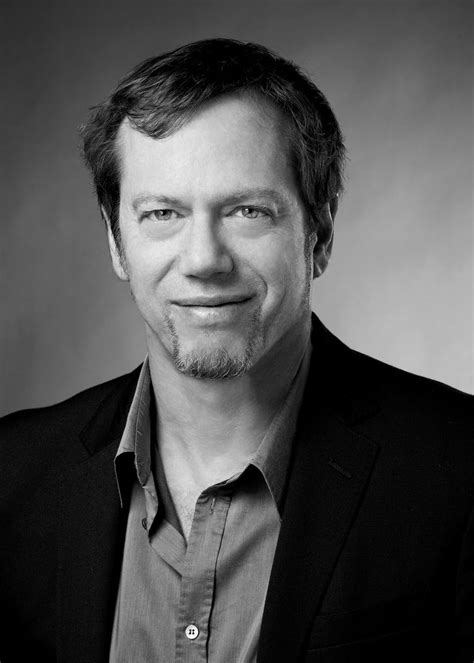A Quote by Werner Heisenberg
The exact sciences also start from the assumption that in the end it will always be possible to understand nature, even in every new field of experience, but that we may make no a priori assumptions about the meaning of the word understand.
Related Quotes
If others tell us something we make assumptions, and if they don't tell us something we make assumptions to fulfill our need to know and to replace the need to communicate. Even if we hear something and we don't understand we make assumptions about what it means and then believe the assumptions. We make all sorts of assumptions because we don't have the courage to ask questions.
We have a tendency to make assumptions about everything! The problem with making assumptions is that we believe they are truth. We could swear they are real. We make assumptions about what others are doing or thinking-we take it personally-then we blame them and react by sending emotional poison in our word. That is why whenever we make assumptions, we're asking for problems. We make assumptions, we misunderstand, we take it personally, and we end up creating a whole big drama for nothing.
The New Yorker has always dealt with experience not by trying to understand it but by prescribing the attitude to be adopted toward it. This makes it possible to feel intelligent without thinking, and it is a way of making everything tolerable, for the assumption of a suitable attitude toward experience can give one the illusion of having dealt with it adequately.
Writing is my way of trying to understand vast things that probably I'll never truly understand, a way of exploring a Big Question, of wrestling meaning from the chaos of life. Consequently, when I choose to write overtly or even secretly about my real life, it's always something difficult and complicated that I'm longing to make sense of.
I understand that each one of us works at a different speed, and has a slightly different process. I understand that these writers are painstaking, wanting each sentence-each word-to carry weight... I know it’s not laziness, but respect for the work, and I understand from my own work that haste makes waste. But I also understand that life is short, and that in the end, none of us is prolific. The creative spark dims, and then death puts it out. William Shakespeare, for instance, hasn’t produced a new play for 400 years. That, my friends, is a long dry spell.
Seeing ourselves as we want to be is a key to personal growth. To successfully bring about change in our lives we need to implement a system of change that is build upon three assumptions. First Assumption: We change our lives by changing the attitudes of our minds. Second Assumption: We become what we think about all day long. Third Assumption: Our mind is naturally goal seeking. Please remember these assumptions. Our mind is always trying to accomplish something. We have a powerful machine wanting to achieve goals. It will set the goals that we allow it to.
Between two beings there is always the barrier of words. Man has so many ears and speaks so many languages. Should it nevertheless be possible to understand one another? Is real communication possible if word and language betray us every time? Shall, in the end, only the language of tanks and guns prevail and not human reason and understanding?
Science is a human activity, and the best way to understand it is to understand the individual human beings who practise it. Science is an art form and not a philosophical method. The great advances in science usually result from new tools rather than from new doctrines. ... Every time we introduce a new tool, it always leads to new and unexpected discoveries, because Nature's imagination is richer than ours.
Those who read books cannot understand the teachings and, what's more, may even go astray. But those who try to observe the things going on in the mind, and always take that which is true in their own minds as their standard, never get muddled. They are able to comprehend suffering, and ultimately will understand Dharma. Then, they will understand the books they read.

































